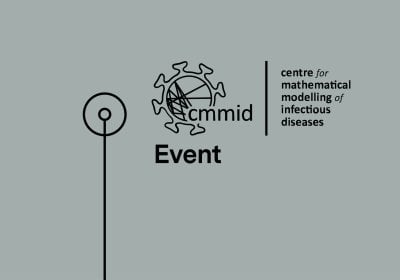Adaptive multiple importance sampling for infectious disease modelling
A range of current Adaptive Multiple Importance Sampling algorithm (AMIS) applications to human and plant diseases will be discussed in this webinar.

AMIS is an iterative model fitting technique which recycles samples from all previous iterations in order to improve the efficiency of the proposal distribution. We adapted the AMIS algorithm so that it can sample from multiple targets simultaneously by changing the focus of the adaptation at each iteration. The algorithm can handle the asymmetry, non-normality and multi-modality of the posterior distribution. A range of current AMIS applications to human and plant diseases will be discussed.
Dr Renata Retkute is a Research Associate in the Epidemiology and Modelling Group at the University of Cambridge. Her current research is on the development and use of models to predict the spread of the banana bunchy top virus and desert locust in sub-Saharan Africa. Her research has focused on the modelling of biological systems at different spatial and temporal scales, including DNA replication, photosynthesis, and neglected tropical diseases. She is interested in Bayesian inference and Machine Learning approaches.
Please note that the recording link will be listed on this page when available
Admission
Contact

